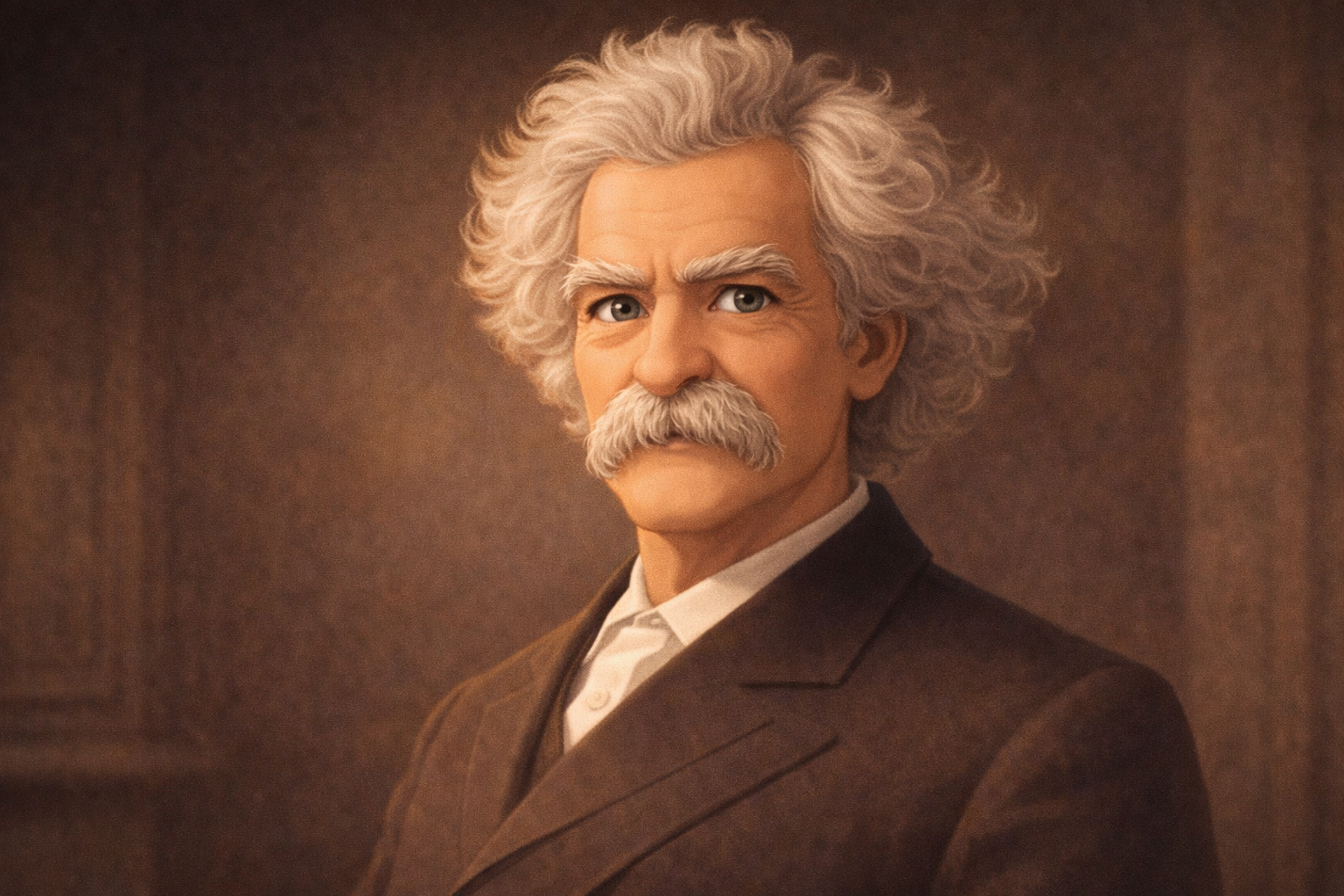Samuel Langhorne Clemens, known to the world as Mark Twain, was born on November 30, 1835, in Florida, Missouri — the same year Halley’s Comet blazed across the skies.
Early Currents
Twain grew up in Hannibal, a sleepy Mississippi River town that would one day inspire the fictional St. Petersburg in The Adventures of Tom Sawyer and Huckleberry Finn.
As a boy, he fished, swam, and wandered the riverbanks. But life was not all mischief and rafts — his father—John Marshall Clemens, died when Samuel was just 11.
To support his family, he became a printer’s apprentice, devouring every scrap of literature that passed through the presses. He later worked as a typesetter and contributed articles to his brother Orion’s newspaper.
“Don’t let schooling interfere with your education.”
This was the first of many lessons he would teach — that life itself was the greatest classroom.
The River that Made Him Mark Twain
In his early twenties, Clemens trained as a steamboat pilot on the Mississippi. The river’s shifting currents taught him the art of observation — a skill that would later give his writing its vivid, living quality.
His pen name, “Mark Twain,” came from riverboat jargon meaning “two fathoms deep” — safe water for navigation.
Gold Dust and Ink
When the Civil War halted river traffic, Twain’s compass pointed west. He tried his hand at silver mining in Nevada, but fortune favored him in ink, not ore. As a reporter for the Territorial Enterprise, his humor and biting satire found eager readers.
His breakthrough came in 1865 with the short story The Celebrated Jumping Frog of Calaveras County. America had found a voice that was playful yet piercing, folksy yet profound.
The World as Stage
Mark Twain became a celebrated lecturer, traveling across America and the globe. His journeys through Europe and the Middle East inspired The Innocents Abroad, a witty dismantling of pretension that made him one of the most popular authors of his day.
He married Olivia Langdon in 1870, and together they built a life in Hartford, Connecticut, raising three daughters. Olivia’s refined literary taste shaped his greatest works.
The Great American Novelist
In 1876, Twain published The Adventures of Tom Sawyer, followed in 1884 by The Adventures of Huckleberry Finn — the latter often called “The Great American Novel.”
Through Huck’s eyes, Twain revealed America’s moral contradictions, its laughter and cruelty braided together.
“Always do right. This will gratify some people and astonish the rest.”
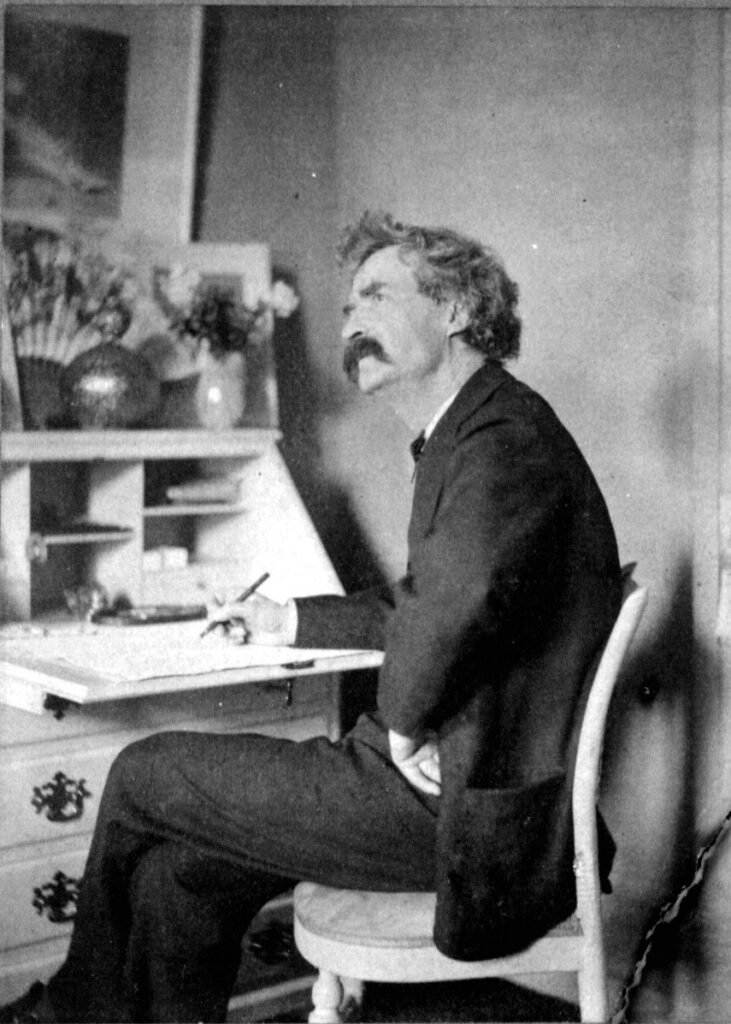
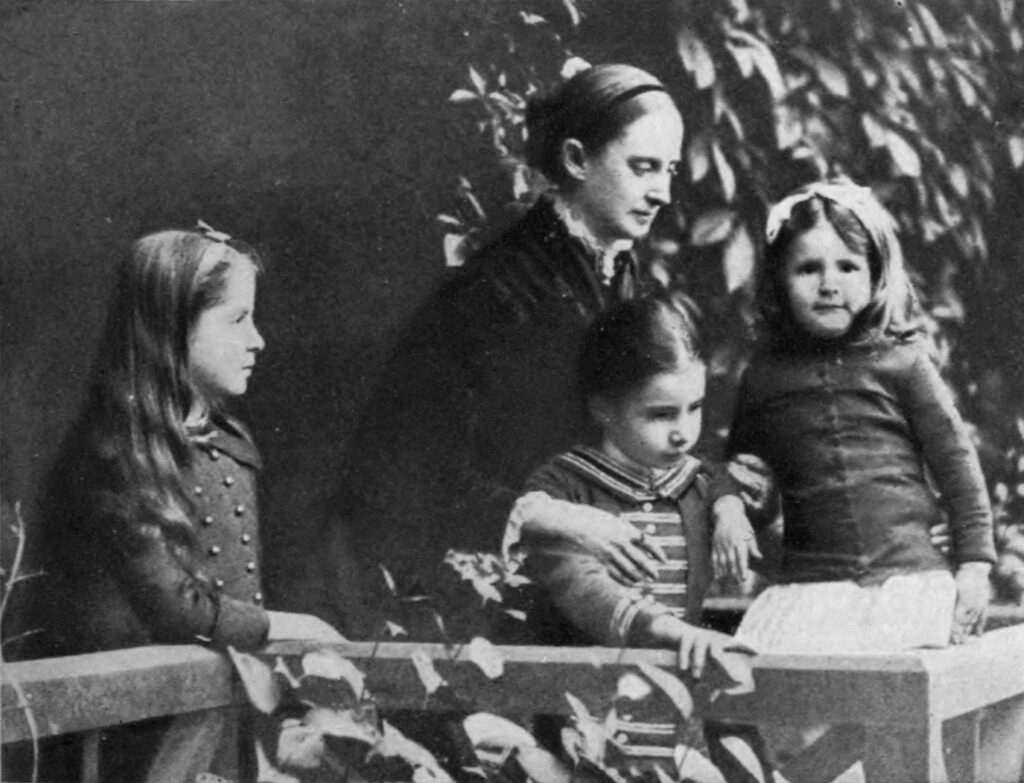
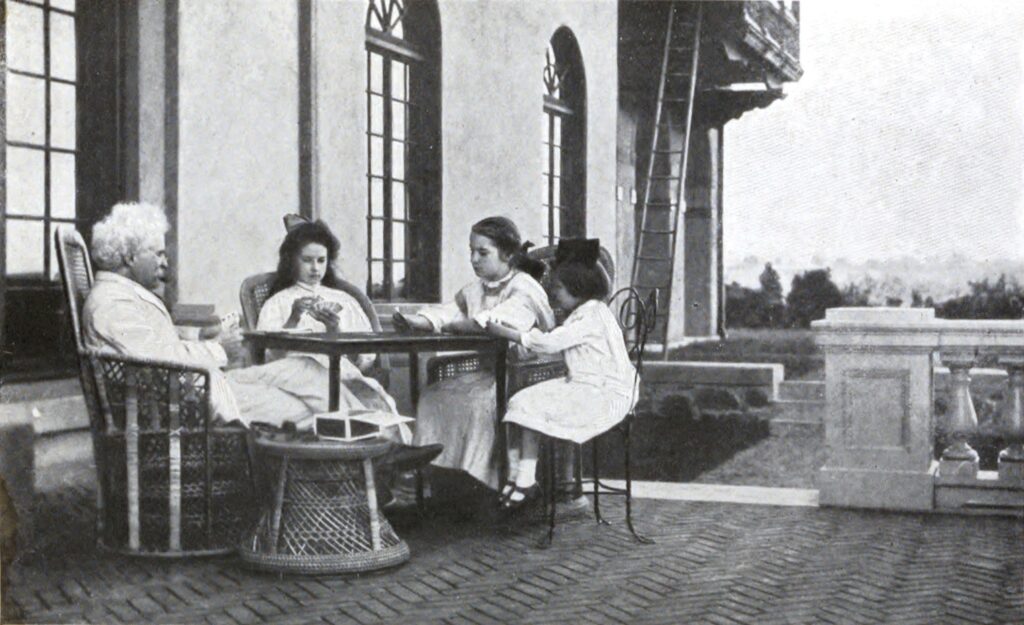
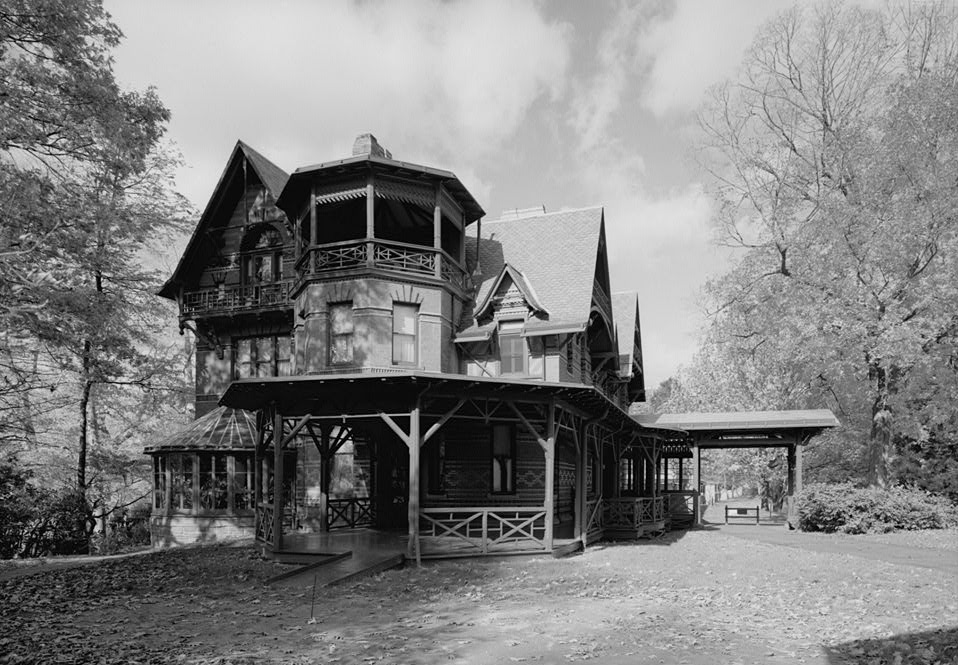
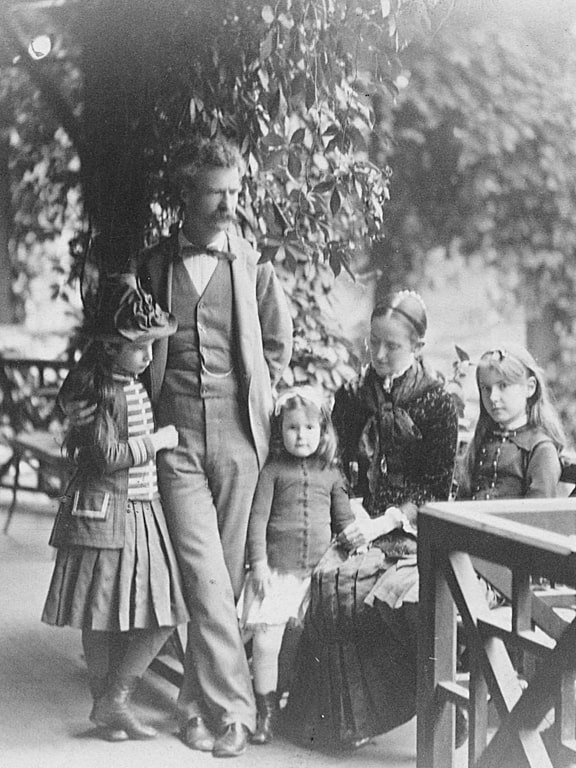
These I Can Promise
I cannot promise you a life of sunshine;
I cannot promise riches, wealth, or gold;
I cannot promise you an easy pathway
That leads away from change or growing old.
But I can promise all my heart’s devotion;
A smile to chase away your tears of sorrow;
A love that’s ever true and ever growing;
A hand to hold in yours through each tomorrow.
Storm Clouds
Despite fame, Twain’s later life was shadowed by financial ruin. Poor investments, particularly in a failed typesetting machine, forced him into bankruptcy. He repaid his debts through exhausting world lecture tours, driven by a sense of honor.
He also endured deep personal losses — the deaths of his wife and two of his daughters. These sorrows darkened his humor, lending his later works a sharper, more cynical edge.
“The fear of death follows from the fear of life. A man who lives fully is prepared to die at any time.”
A Comet’s Farewell
In 1910, as Halley’s Comet returned, so did Mark Twain’s prophecy. He once said,
“I came in with Halley’s Comet in 1835. It is coming again next year, and I expect to go out with it.”
He died on April 21, 1910, leaving behind not just books, but a way of looking at life — with eyes wide open, ready to laugh at folly and stand against hypocrisy.
“Kindness is the language which the deaf can hear and the blind can see.”
Legacy
Mark Twain’s words still cut across time like the Mississippi at flood — unpredictable, unstoppable, and carrying truth in its current. He was more than an author; he was America’s jester and conscience, who wrapped truth in laughter so it could slip past the guard of pride.
“The two most important days in your life are the day you are born and the day you find out why.”
He is remembered not just as a brilliant humorist, but as a profound observer of American life. Ernest Hemingway once wrote,
“All modern American literature comes from one book by Mark Twain called Huckleberry Finn.”
“Twenty years from now you will be more disappointed by the things that you didn’t do than by the ones you did do.
So, throw off the bowlines. Sail away from the safe harbor. Catch the trade winds in your sails.
Explore. Dream. Discover.”
